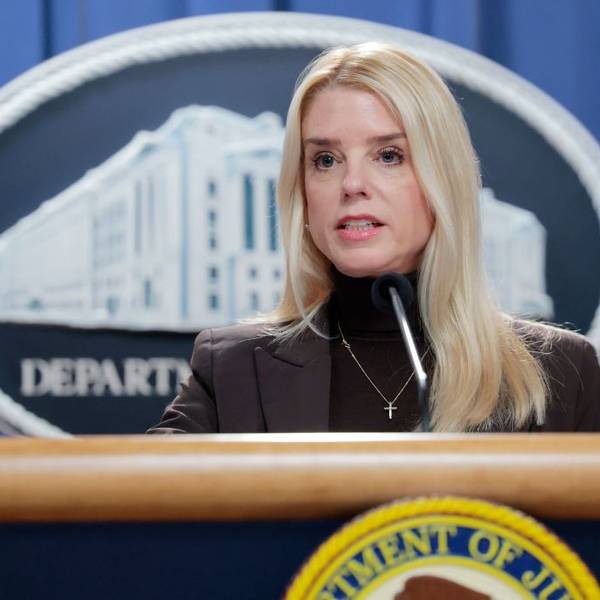President Donald Trump's hostility to press freedom took many forms--ejecting reporters from press briefings and campaign events, threatening to pull broadcasters' licenses, labeling disfavored reporters "enemies of the people," labeling disfavored news organizations "fake news," and, most shockingly, aiding the Saudi crown prince in his effort to escape responsibility for the brutal murder of Washington Post journalist Jamal Khashoggi.
Of Trump's many attacks on press freedom, however, it's his Justice Department's indictment of Julian Assange that could have the most significant implications over the long term. As I explained here and here, the Justice Department's indictment of Assange focuses principally on activity that national security journalists engage in "routinely and as a necessary part of their work"--cultivating sources, communicating with them confidentially, soliciting information from them, protecting their identities from disclosure, and publishing classified information. As a result, a successful prosecution of Assange would have far-reaching implications both for national security journalists and for the news organizations that publish their work. This isn't an accident. It's likely why the Trump administration filed the indictment, as Jack Goldsmith observed here.
President Joe Biden plainly does not share Trump's attitude toward the press. But the Assange case will present the Biden administration with an early test. One of the first questions Biden's new attorney general will confront is whether to authorize prosecutors to continue to contest the decision of the Westminster Magistrates' Court, issued earlier this year, denying the United States' request for Assange's extradition. In an interview with NPR, the outgoing U.S. Attorney for the Eastern District of Virginia, Zachary Terwilliger, wondered whether the new administration would abandon the appeal. "Some of this does come down to resources and where you're going to focus your energies," Terwilliger noted.
Earlier today, a coalition of press freedom, civil liberties, and human rights groups--including Amnesty International USA, the Committee to Protect Journalists, the Freedom of the Press Foundation, Human Rights Watch, the American Civil Liberties Union--formally asked the Justice Department to abandon the appeal and dismiss the underlying indictment. (The Knight Institute is also one of the signatories.) The letter states:
While our organizations have different perspectives on Mr. Assange and his organization, we share the view that the government's indictment of him poses a grave threat to press freedom both in the United States and abroad. . . .
The Trump administration positioned itself as an antagonist to the institution of a free and unfettered press in numerous ways. Its abuse of its prosecutorial powers was among the most disturbing. We are deeply concerned about the way that a precedent created by prosecuting Assange could be leveraged--perhaps by a future administration--against publishers and journalists of all stripes. Major news organizations share this concern, which is why the announcement of charges against Assange in May 2019 was met with vociferous and nearly universal condemnation from virtually every major American news outlet, even though many of those news outlets have criticized Mr. Assange in the past.
The Biden administration should not embrace Trump's case against Assange. Assange is a complicated figure, and he seems to have alienated basically everyone, but there is near-universal agreement among human rights, civil liberties, and press freedom organizations that the case against him poses a major threat to press freedom not just here in the United States but around the world. The Justice Department should drop the appeal and dismiss the indictment.




